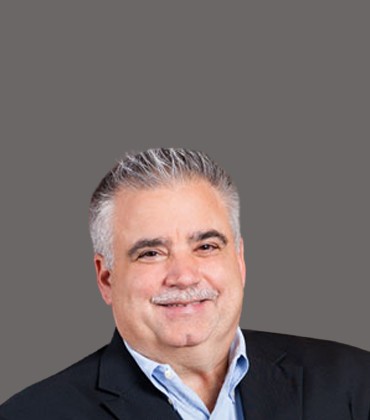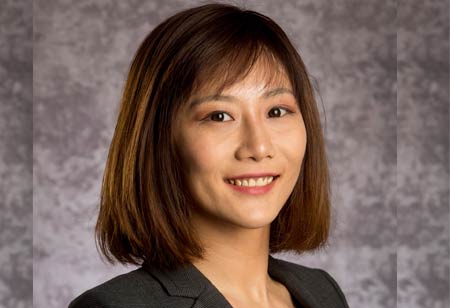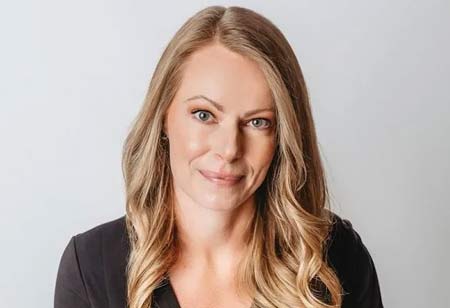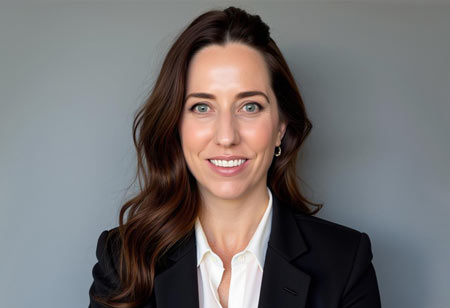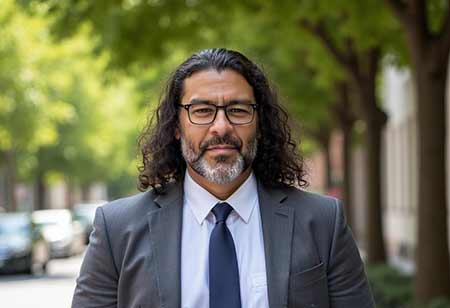THANK YOU FOR SUBSCRIBING
By Reinier J. Marlissa, General Manager Information Technology Department, Ateria Group
Point of Sales and Digital Transformation
By Will Papa, Chief Research & Development Officer, The Hershey Company
Technology Intersects with Imagination to Make 3-D...
By Enrique Leon, AI Enterprise Architect, American Sugar Refining Inc
Enhanced Precision Agriculture using Cloud Based AI
By Ruohan Liu, Senior Director, Global Operations, Agriculture Supply Innovation, PepsiCo
How Cloud Computing Impacts Precision Agriculture Technology

Sunbasket Advocates for Better Food Sustainability within the Meal Kit industry
Mike Wargocki, VP of Manufacturing, Sunbasket

 Mike Wargocki, VP of Manufacturing, Sunbasket
Mike Wargocki, VP of Manufacturing, SunbasketThe meal kit industry has long been challenged to control the volume of packaging that comes with the convenience of shipping fresh food to customers’ doorsteps each week. In today’s world of ever-increasing demand for convenience and quality, brands need to also prioritize finding sustainable solutions in our food supply chain and packaging materials.
I’m proud to be part of Sunbasket, a trailblazer in healthy meal delivery, where sustainability is built into everything we do.
Start with the best ingredients
Let’s start at the beginning of the process, with our suppliers and the types of ingredients we use in our kits. Sunbasket is a certified organic handler and committed to providing organic produce and foods to our customers whenever possible. Our meats are sustainably raised and antibiotic free. We also have organic options available for almost every type of protein and are expanding our plant-based protein options weekly.
In 2020 alone, we served more than 6.2 million pounds of organic produce and customers increased orders of plant-based proteins by 7x.
Sunbasket’s chefs and procurement teams work with local vendors to carefully select suppliers who are committed to sustainable production practices and in many cases give these small producers a way to expose their products to a much wider audience than they could manage through their traditional distribution channels. As of 2021, 34 percent of the pantry products we offer to customers are made from organic ingredients.
Challenging the status quo
The fundamental premise of our business is rooted in sustainability -- shopping at grocery stores generates 33 percent more carbon emissions than meal kit delivery, according to a study by the University of Michigan. Delivering just the right amount of each ingredient cuts food waste, a major contributor to greenhouse gas emissions.
At Sunbasket, we’ve chosen sustainable solutions at every step to ensure we keep our environmental footprint small. The key challenge in the meal kit industry is selecting the most sustainable packaging possible that also meets stringent food safety standards. We’ve made it a priority to deliver food safely while only using packaging materials that are either recyclable or biodegradable -- ranging from individual ingredient wrappers to ice packs, boxes, and insulation.
We opt for recycled paper and upcycled denim to insulate our shipments versus the industry standard, Styrofoam and mylar.
“The key challenge in the meal kit industry is selecting the most sustainable packaging possible that also meets stringent food safety standards”
Sunbasket is also committed to constantly seek ways to reduce the amount of waste we produce internally. We’ve committed to reducing cardboard use by 1.3 million pounds per year at our facilities through a reusable ice tray system, which will save 3,451 trees annually. We've also reduced the energy required to freeze our shipping gel packs -- saving approximately 230,000 kWh per year. Green composting bins populate our manufacturing facilities so we can divert as much food waste as possible from landfills.
The future of meal delivery and climate change
We’re constantly challenging ourselves to optimize for sustainability and partnering with others who share this mission. After all, mitigating climate change relieves pressure on the very natural resources that fuel our business. A win for our planet is a win for our future.
Read Also



